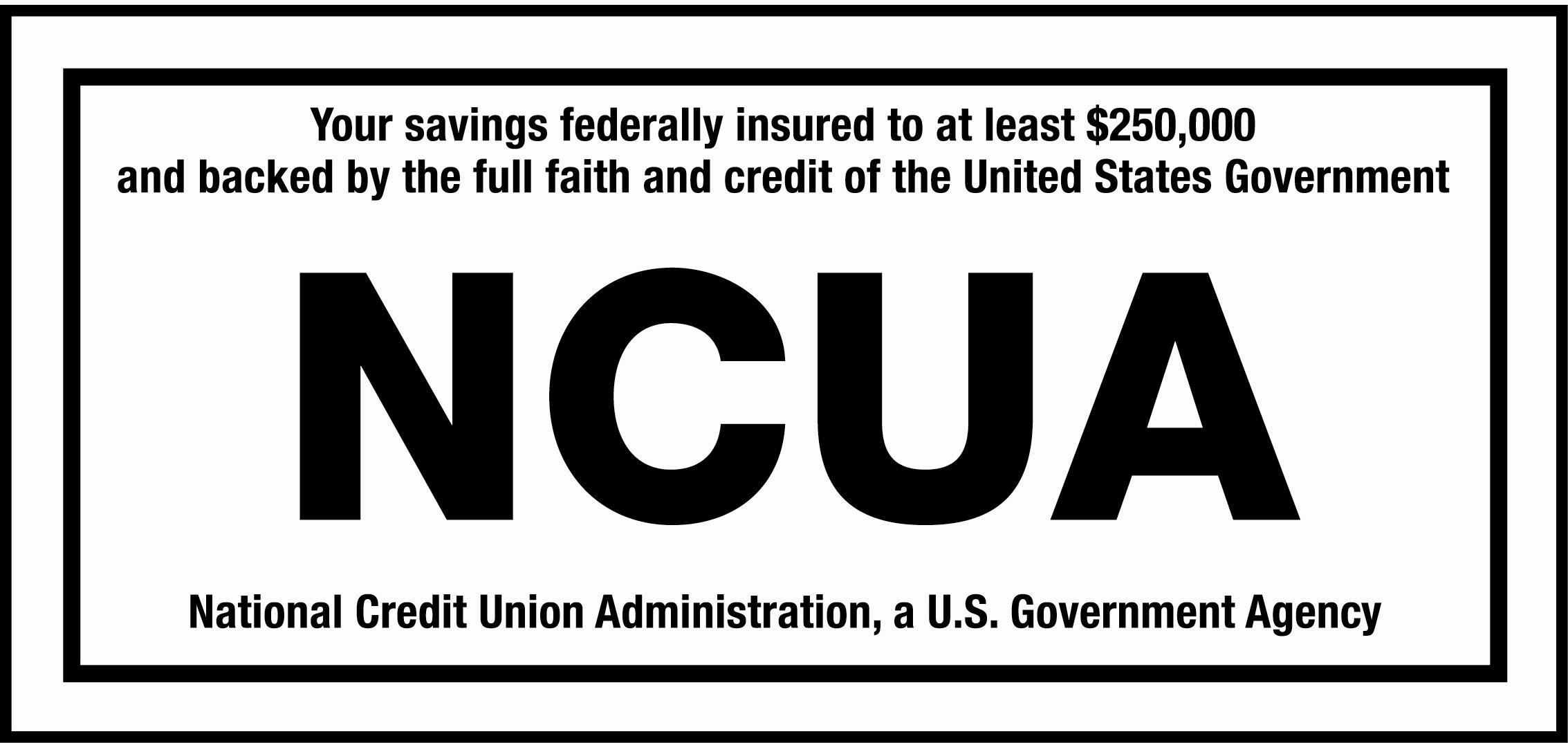Q: I’d love to lower my monthly mortgage payment. Should I refinance my home loan?
A: There are lots of factors to consider before deciding to refinance.
Why people refinance
Here are some of the better reasons many homeowners decide to refinance:
1. To take advantage of lower interest rates
Many lenders claim that even a 1% savings on interest rates should be reason enough to refinance. Reducing your interest rate can help you build more equity in your home sooner and decrease the size of your monthly payment, saving you lots of money.
2. To shorten the life of their loan
If you have a mortgage with a really high interest rate, refinancing can help you pay off your loan in half the time without changing your monthly payment much.
3. To convert between adjustable-rate and fixed-rate mortgages
Over time, adjustments can increase the rates on Adjustable Rate Mortgages (ARMs) until they top the going rate for fixed-rate mortgages. When this happens, switching to a fixed-rate mortgage is a good idea.
When refinancing is a bad idea
- When you need money to pull you out of debt – Most people who refinance for this reason end up spending all the money they save, and then some.
- When a refinance will greatly lengthen the loan’s terms – If you’ve only got 10 years left on your mortgage and you want to refinance to stretch out those payments over 30 years, you won’t come out ahead. Any money you save on lower payments will be lost in the cost of the refinance and the extra 20 years of interest you’ll be paying on your mortgage.
- When you don’t plan on living in your home for much longer – The money you save each month might not even come close to the prohibitive price you paid for your refinance.
What is a cash-out refinance?
Some homeowners refinance to tap into their home’s equity. To do this, they’ll need to refinance with a bigger loan and stay within the loan-to-value threshold of their loan program.
Only choose this option if you can afford the loan terms, and preferably, will use that money to increase your equity.
Refinances aren’t cheap. You’ll need to pay broker fees, closing costs and more. A typical refinance will cost anywhere between 3-6% of the loan’s principal.
Here’s how to determine if a refinance will save you money: Procure a good faith estimate from several lenders to get your projected interest rate and loan price. Divide this price by the amount you’ll save each month with your new rate. This is the number of months it will take for you to break even on the new loan.
If you don’t plan on staying in your home for that long, or you can’t afford to wait until then to recoup your losses, refinancing may not be a good idea.



